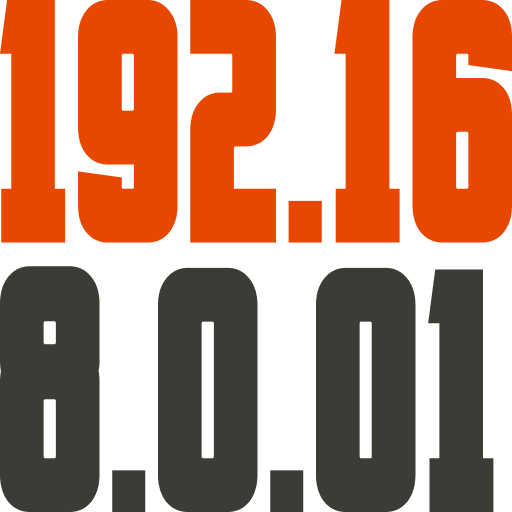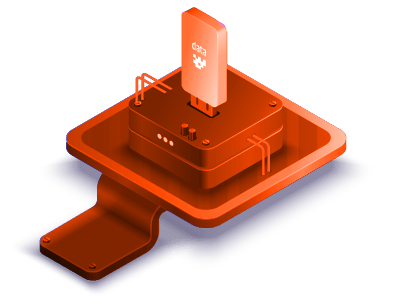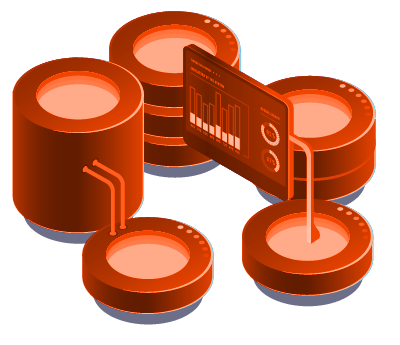Add On: Online Profiles
Online profiles
Types of online profiles used in investigations
Online investigations have become increasingly popular as a means of uncovering information and evidence for legal, criminal, and investigative cases. There are several types of online profiles that can be used to help investigations, ranging from social media accounts to email addresses. Here’s a closer look at the different types of online profiles available that can be used in investigations.
Social media accounts :
They are one of the most common types of online profiles used in investigations. These accounts often contain detailed information about an individual’s life and activities, making them invaluable sources of data and evidence in criminal or legal cases. Investigators can use this information to build a profile on the subject, providing valuable context for any additional evidence they might uncover through their investigation. Some commonly used social media platforms include Facebook, Twitter, Instagram, YouTube, and LinkedIn.
Email addresses :
They are another type of online profile that can help investigators in their research. Email accounts provide a wealth of personal data about an individual, as well as potential links to other individuals or organizations involved in the case. This data can then be cross-referenced with other digital footprints left by the subject in order to gain more insight into their movements or activities. Additionally, emails can also be used to identify potential witnesses who may have knowledge about the case or its participants.
Online banking profiles :
They provide another source of useful information for investigators. By examining transactions made through an online bank account, investigators can uncover financial activity related to the investigation, such as payments made or received by an individual or organization under suspicion. This type of data is especially useful when trying to establish a financial link between two parties involved in the case or when searching for suspicious spending patterns which could indicate criminal behavior.
How can online profiles aid in investigations?
Online profiles can be used to help investigations in a variety of ways. By looking at what people post online, investigators can gain insight into the behavior and thought processes of the individuals they are researching.
Social media intelligence gathering :
Social media is often one of the first places investigators look when attempting to uncover information about an individual. It is important to remember that not all social media platforms are created equally; the most popular ones may not necessarily yield the most useful information for use in investigations. For example, LinkedIn provides more business-focused data than other platforms, so it might be more beneficial for someone completing an investigation related to a corporate fraud case than it would be for someone doing a background check on an individual.
Using online profiles to verify the information:
Online profiles are also great tools for verifying the information gathered through other sources. This could include confirming an individual’s address or employment history or verifying any awards or certifications listed on their resume. Of course, it is important to note that just because something appears on an online profile does not mean it is necessarily accurate; using multiple sources to verify data is always recommended.
Finding clues and leads through online profiles:
Investigators should always be mindful of potential clues and leads that can be uncovered through online profiles. This could range from posts related to criminal activity on social media platforms to contact information provided via LinkedIn, which could open new avenues for further investigation.
Conducting background checks:
One of the most common uses of online profiles is conducting background checks on individuals who are being investigated. This type of check is often done on potential employees or people being considered for sensitive positions, such as those involving large sums of money or confidential information. Through online profiles, investigators can easily access an individual’s history, including any criminal records they may have, as well as any past work history and education credentials. This allows investigators to make informed decisions about whether the individual is suitable for the position in question.
Monitoring activity:
Finally, online profiles are also useful for monitoring an individual’s activity during an investigation. For example, if someone is under surveillance as part of an investigation, their social media accounts can be monitored to see if they are posting anything suspicious or contacting anyone who could be involved in the case being investigated. Additionally, if an investigator suspects that someone has been engaging in criminal activity but has not been able to find any physical evidence of it yet, monitoring their online profile activity could provide invaluable clues that will help them close the case faster.
Online profiles offer abundant opportunities for investigators looking for additional evidence and lead within their cases. Whether an investigator is trying to gain insight into a person’s behavior or simply confirm existing data points, social media sites and other online resources provide a wealth of information that can prove invaluable during an investigation.
The process of using online profiles in investigations
Social media and online profiles are becoming increasingly important in investigations. When used correctly, they can provide a wealth of information that can help investigators to build a case. Here’s a look at the process of using online profiles in investigations.
Identifying the account holder :
The first step is to identify who owns the account or profile that the investigator wants to investigate. The best way to do this is by cross-referencing other accounts associated with the same name or email address, such as their Facebook or LinkedIn profiles. This will help to confirm whether the person is who they say they are and if they have any other active accounts on different platforms. Additionally, Google searches can be used to find more information about the person and their activities, including any criminal records or suspicious activity
Analyzing the account activity:
Once an investigator has identified the account holder, it’s time to analyze their activity on the platform. This includes looking at their posts and interactions with other users, as well as any photos or videos they may have uploaded. All this information can be used to build a clearer picture of what kind of person they are and how likely it is that they are involved in whatever investigation one is conducting.
Gathering the evidence:
Finally, once an investigator has analyzed all their activity on the platform, it’s time to gather evidence that can be used in court or for other official purposes. This includes collecting any relevant posts or messages from them as well as screenshots from their profile page and any associated accounts. It’s also important for investigators to note down when these posts were made and who interacted with them so that there is an accurate timeline of events available for further analysis.
The different types of data in online profiles
Online profiles contain personal data such as name, gender, age, and any other information that can help identify a specific individual. For example, if an investigator needs to report on customer demographics, an online profile will contain customer demographic data such as income level, education level, and location. This type of data can be essential for understanding the needs of the audience when creating reports.
In addition to customer demographic data, online profiles also contain other types of information such as contact information (i.e., email address and phone number), purchase history (i.e., what products have been purchased by this individual), and even social media activity (i.e., what posts they have liked or shared).




